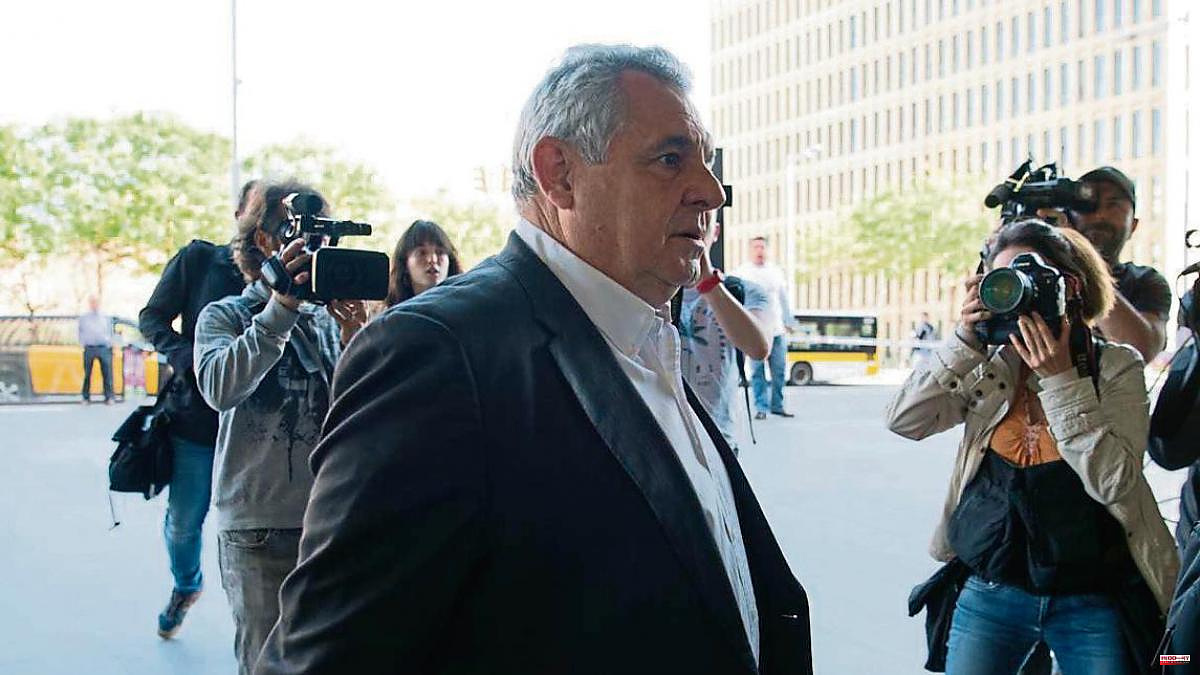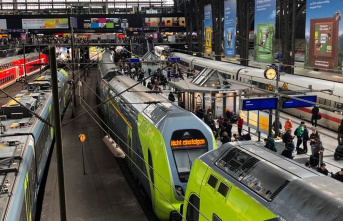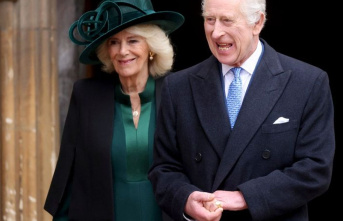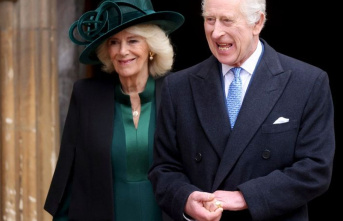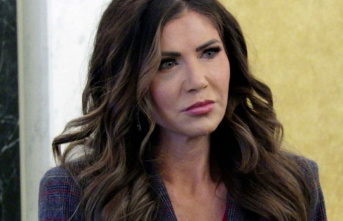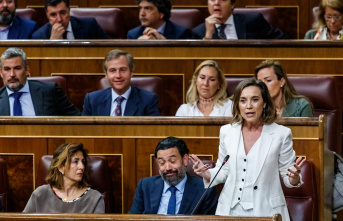Carles Puigdemont met with two alleged emissaries from the Kremlin environment days before the unilateral declaration of independence. This was confirmed yesterday by the former secretary of foreign affairs of the CDC, Víctor Terradellas in the statement he gave before the judge investigating the Russian links to the procés. The supposed envoys of the Kremlin offered military and economic support to a future independent Catalan state to which Puigdemont "did not give credibility", according to Terradellas. The meetings took place on October 24 and 25, 2017 at the Casa dels Canonges, the official residence of the president. They chose that location because they did not consider the meeting to be official. In both meetings, the former president, Terradellas and the former mayor of Barcelona, Elsa Artadi, participated.
The first was attended by Sergey Motin, a deceased Russian citizen, and the second by former Russian diplomat and businessman Nikolai Sadovnikov. In them, the alleged emissaries promised to send 10,000 Russian soldiers once independence had been declared and to finance the future Catalan state through cryptocurrencies.
Terradellas's statement was made before Magistrate Joaquín Aguirre, head of the Investigating Court 1 of Barcelona, which is investigating him for the alleged diversion of money from the Barcelona Provincial Council to CDC through the related entities CatMón and Igman, a reason for which Terradellas was arrested in 2018. However, in the framework of that investigation, two recorded conversations were found on his mobile phone with David Madí (ex-right-hand man of Artur Mas) and former minister Xavier Vendrell, who were informed that Russia was willing to send 10,000 Russian soldiers and turn Catalonia into a cradle of cryptocurrencies, reasons why the so-called Volhov operation was triggered in October 2020, which investigates the alleged Russian support for the procés. Madí, as he himself declared in that case, did not believe the offer of the Russian emissaries either.
In the three hours in which he was testifying, Terradellas emphasized that the contacts with those Russian emissaries were made at his request because he "was on his own" and without Puigdemont ordering or commissioning it, with the aim that the conversation serve to explain the situation in Catalonia, just as it had done with envoys from other countries. During the meeting, he specified, Carles Puigdemont was "stunned" and said that the Russians' offer seemed "a joke in bad taste."
The Anti-Corruption Prosecutor's Office, through the chief prosecutor Fernando Maldonado, asked the judge for explanations about the scope of the interrogation to which Terradellas was being subjected. He was asked about the contacts with the Russian emissaries who do not belong to said case but to the Volhov in which he does not appear as being investigated. In fact, the Prosecutor's Office maintains a frontal clash with the judge from the beginning since he considers that there was not enough evidence to open an investigation like this. At first, he already opposed the telephone interventions of those under investigation -Madí, Vendrell, Oriol Soler and Xavier Vinyals- that the judge ordered. He then refused to open proceedings on a Russian gas sale operation by a supposed Russian ambassador from the Barcelona Chamber of Commerce, Andrei Dimitrenko, and also opposed transferring to the National High Court those investigated in the terrorism case opened by the Democratic Tsunami protests.
4

